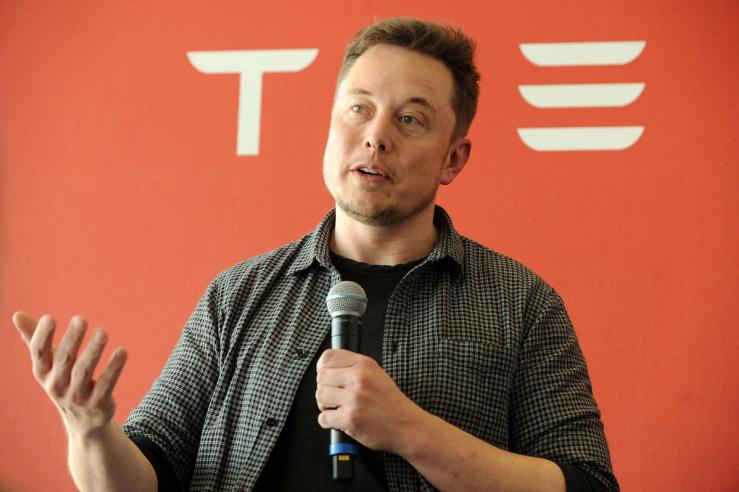Reed’s view
Elon Musk’s pay package — roughly $1 trillion in Tesla shares if he hits otherworldly milestones over the next decade — has become the subject of intense debate.
But while 13 figures may be a bit high, the compensation is different in one important way from most public company leaders: It’s linked to the long term. Most public company CEOs are compensated on short-term metrics, a well-documented problem. And compensation for chief executives, which has skyrocketed in recent decades, rewards failure in addition to success. By contrast, if Musk fails, he walks away practically empty-handed.
Bigger rewards for real, long-term success and severe disincentives for failure make more sense. Obviously, risk inherently leads to a higher chance of failure, and we don’t want half the S&P to go “founder mode.” At the moment, however, a small handful of more “startup-like” tech companies are creating most of the gains in value in the S&P 500 and other markets.
As Tesla Chair Robyn Denholm told Semafor in an interview, there is only one Musk. But if we could have more public company CEOs with even a fraction of the long-term ambition, it might be good for the American economy.
In this article:
Room for Disagreement
Yale University’s Jeffrey Sonnenfeld and Stephen Henriques called the pay package “ludicrous” and bad corporate governance in an opinion piece for Fortune. The business scholars pointed out that Musk already owns nearly 20% of Tesla’s outstanding shares and asked why he needs additional incentive to grow the company when those shares will already see upside.
Notable
- Musk is both an asset and a liability for Tesla, Semafor’s Liz Hoffman argues: He “possesses an almost supernatural ability to conjure investor zeal and create products that redefine entire industries. But his polarizing persona overshadows the genius and genuine appeal of those products.”
- Even the pope had criticism for Musk’s pay package and the wealth it would afford him: “If that is the only thing that has value anymore, then we’re in big trouble,” Leo XIV told Catholic outlet Crux in a recent interview.


